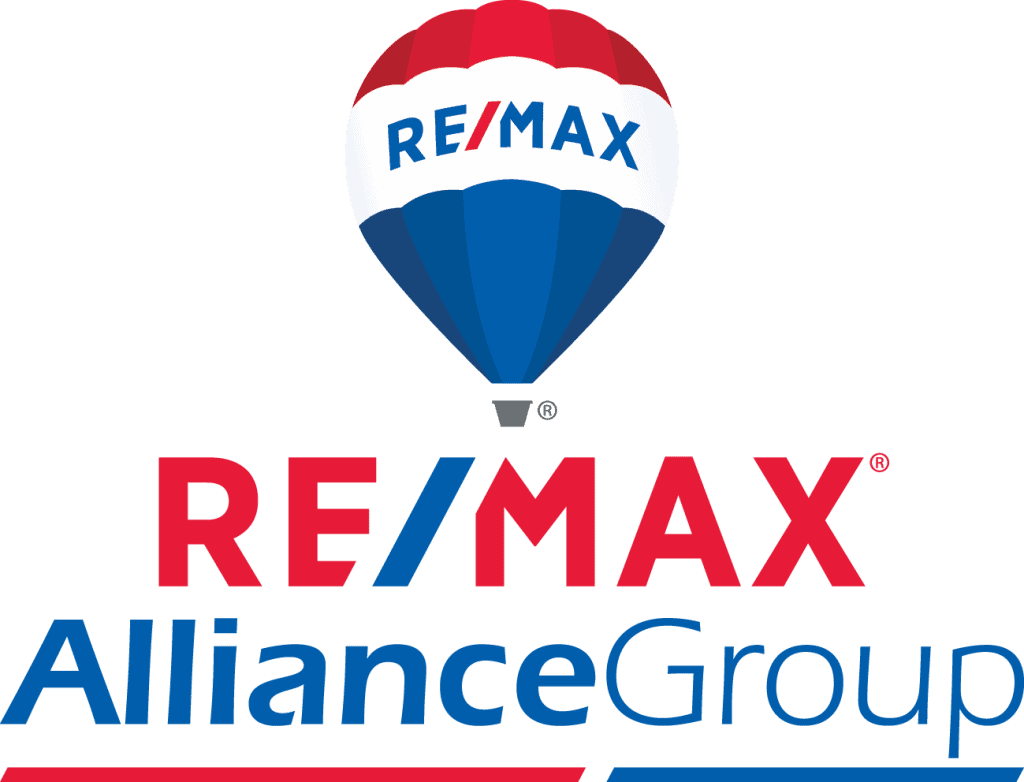During the month of March, 2009 In Florida, one in every 282 homeowners received a foreclosure notice. In the U.S. One in every 538 American households received either a default notice, auction sale notice or bank repossession, according to RealtyTrac’s U.S. Foreclosure Market Report. With foreclosure filings up 57 percent from a year ago, (Source: RealtyTrac.)
Before making a buy, investors need to do their homework carefully—that means hiring a contractor to complete a home inspection for big-ticket problems, like structural damage or costly mold.
Investors also need to secure as precise a figure as possible for how much renovations will likely set them back, a major drag on profit.
Finally, buyers should consult a real estate agent (who can send you a list of foreclosures) and help you learn about comparable home sales in the same neighborhood, which will help determine how much the house might eventually fetch at resale.
They should also take note of how long listed homes—both rental and resale—have been sitting on the market.
“Many foreclosure investors won’t purchase a property unless it is at least a 30 percent discount,” said Sharga. “That’s because you’ll typically need to do a rehabilitation to bring the property back up to the neighborhood standard, you’ll probably have to finance it for a short period of time and it’ll cost you some money to market the property.”
It may be not sit well to profit from someone else’s misfortune, but keep in mind that when you purchase a distressed property you’re not just doing your investment portfolio a favor.
By reducing the inventory of available homes, you’re also helping to stabilize the residential real estate market which, in turn, will buoy the troubled U.S. economy.
If you need assistance purchasing a foreclosed property in the Tampa Bay area, give us a call. 813 784 7744 or send us an email






